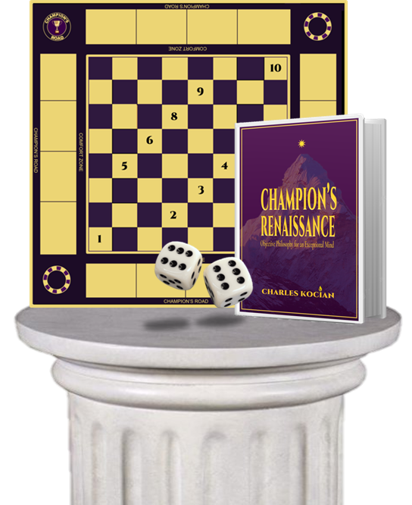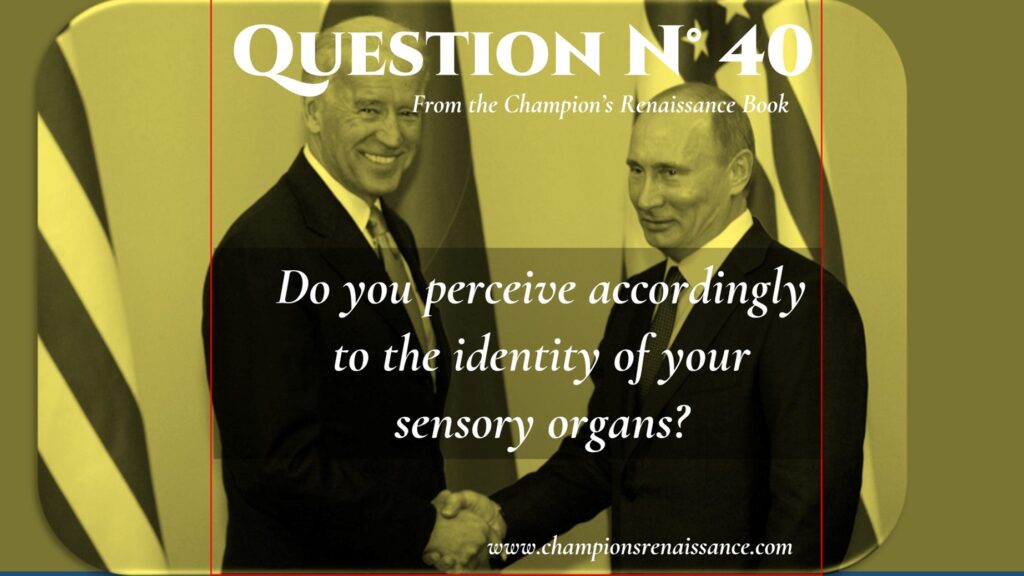
(Answer at the end).
NEW START
By Charles Kocian
Last week Putin suspended the nuclear treaty. In Feb 21, from Reuters in can be read: “President Vladimir Putin said on Tuesday that Russia was suspending its participation in the New START treaty with the United States that limits the two sides’ strategic nuclear arsenals. Putin stressed that Russia was not withdrawing from the treaty but the suspension further imperils the last remaining pillar of arms control between the United States and Russia, which between them hold nearly 90% of the world’s nuclear warheads – enough to destroy the planet many times over.”
If all the nuclear power is released and there is a nuclear WWIII, there will be a New Start for life on Earth that will recover after millions of years.
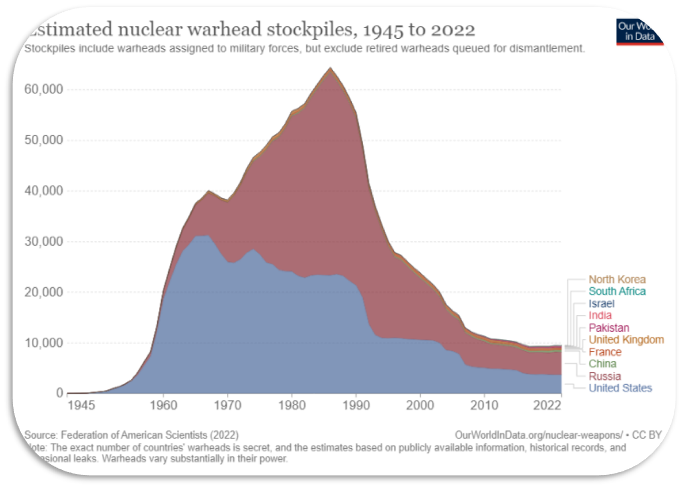
Nuclear warheads. Source: Federation of American Scientists.
In his speech Putin said he wants Russia to continue with its Russian traditions, like family and reason, and if the West wants to go irrationally-woke was not his business, but he would not allow that nonsense infiltrate Russia. The BRICS looks like are supporting reason for a multipolar world order.
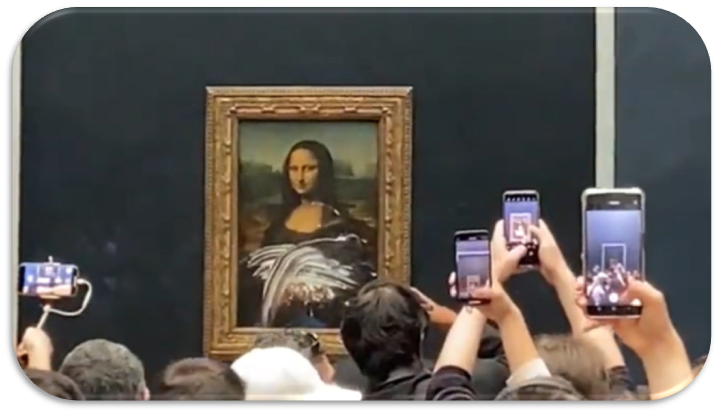
Woke activist vandalising art. Source: Lifestyle Asia Hong Kong.
Indeed, West culture is getting woke irrational, like the Spanish law passed last week that supports bestiality. Other expression of woke-decadence is that Western rulers don’t respect the treaties they sign. But the BRICS countries and their allies don’t agree with woke-irrationality. They want to preserve reason and respect international treaties.

Left Party, Wagenknecht clash after peace rally in Gernamy. Source image: DW
The suspension of the nuclear treaty, produced an immediate reaction in Europe. In France, Germany and Italy thousands went to the street protesting against sending more weapons to Ukraine. But, do people have a say? Is democracy just a theatre of the absurd when reason is gone? Are Europeans citizens, “citizens”, or just peasants of woke rulers? What happened with peasants and rulers in the Renaissance?
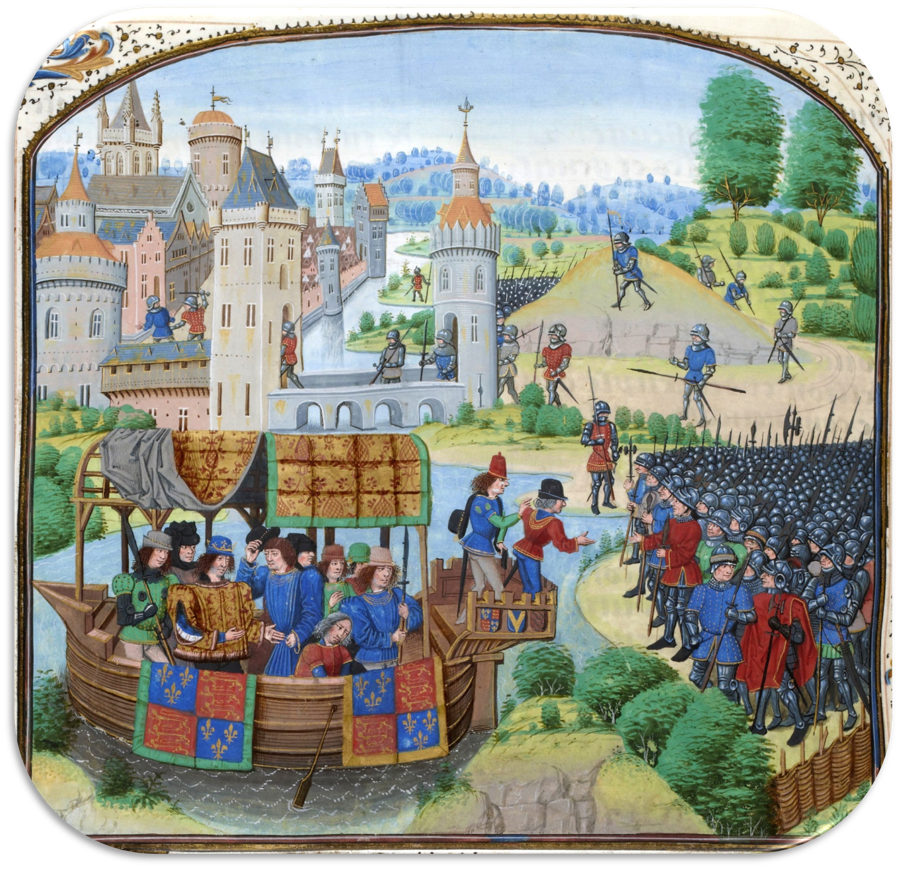
English peasant revolt of 1381. Source image: Wikipedia.
Before the Renaissance, the Medieval society regarded monarchy and nobility as owners of the land. Peasants didn’t like to pay rent to aristocracy to cultivate their land. One example was the “Peasants’ Revolt” that happened in England in 1380, in rebellion of the imposition of a tax which brought to a head the economic discontent that had been growing decades earlier.
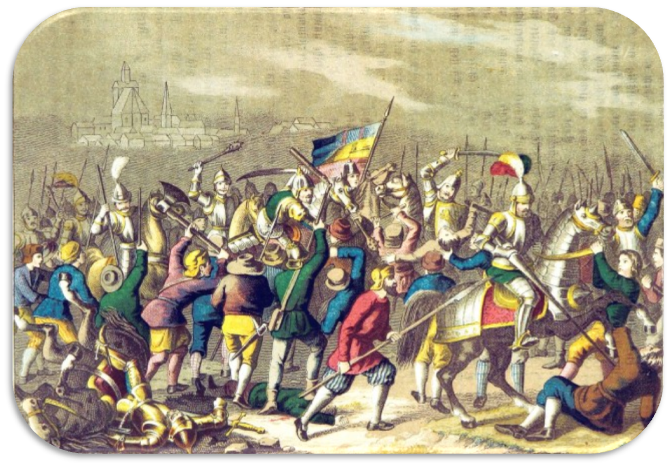
German’s Peasant Revolt. Source image: WikiCommons.
Something similar happened in Germany two centuries later. The Peasant Revolt, from 1524 to 1525 was the bloodiest rebellion in Europe until the French Revolution. It claimed the lives of 100,000 German peasants were excited by reformers’ talk of Christian freedom, so they demanded an end to serfdom. Angry peasants raided monasteries, pillage and burned everything. Luther was so horrified that urged the German princes to punish them with no mercy. Peasants didn’t like to be aristocrat’s slaves. But, what about slavery in ancient Greece?
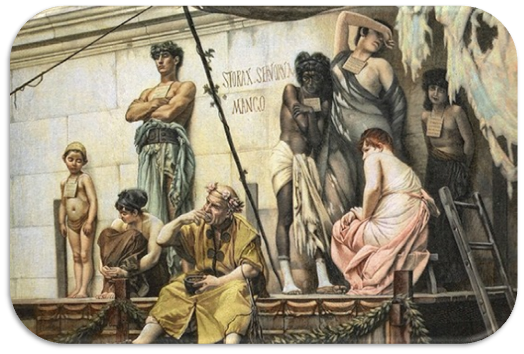
Greek ancient slavery. Source image: HistoryExtra.
Although slaves were the lowest class in Athenian society, they were better treated compared with other Greek cities like Sparta. The slaves of Spartans were the Helots, each one assigned to an individual Spartan, who they couldn’t free them or sell them. Helots had a limited right to accumulate property.
Slaves in Sparta, Athens or any other City-State of ancient Greece didn’t have human rights. They were tortured for any reason. They worked in menial labour, domestic jobs, technical crafts, and more.
CONCLUSION
Although they are not, cultural premises, they can act like the sensory perception organ of a paradigm who enslave peasants or rulers minds. Just like the bat perceives a fly with its sonar system, man (including a slave) perceives it with its eyes. Every animal has its own way to perceive reality, but they perceive the same reality, because reality exists by its own, although somebody is perceiving it or not. Therefore, it can be said that man perceives reality accordingly to the identity of its sensory organs; the bat, accordingly to theirs.
The difference between the identity of different premises and different sense organs, is that the latter are given, natural and absolute; the former, an act of volition.
Now answer to question 40.
QUESTION N° 40
Do you perceive accordingly to the identity of your sensory organs?
a) Yes
b) No
The answer is: yes.
Leave your comments here.
